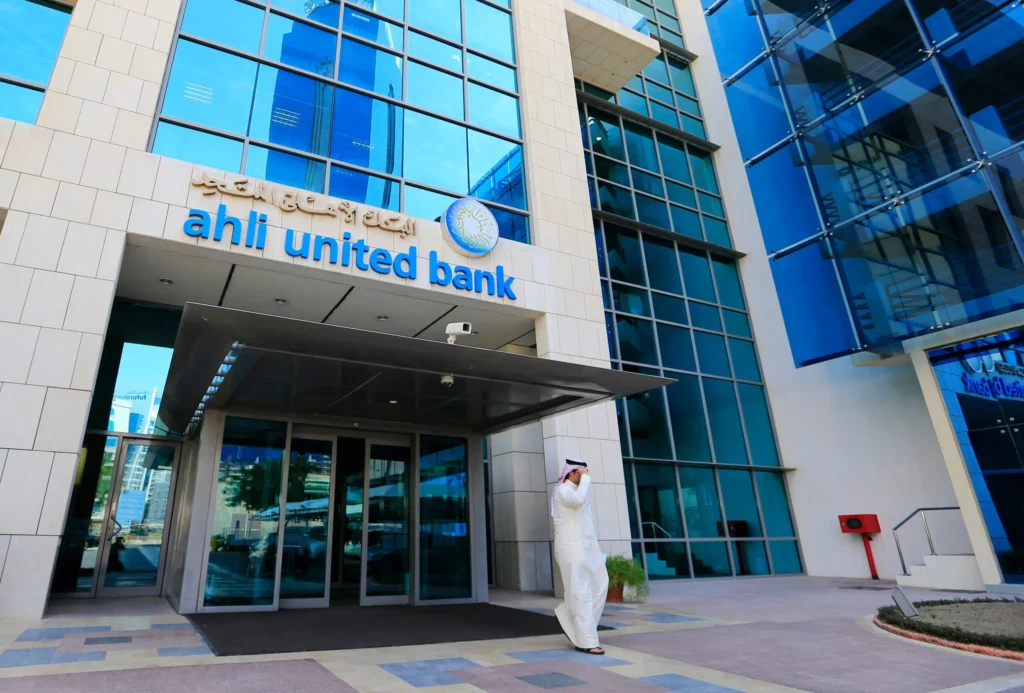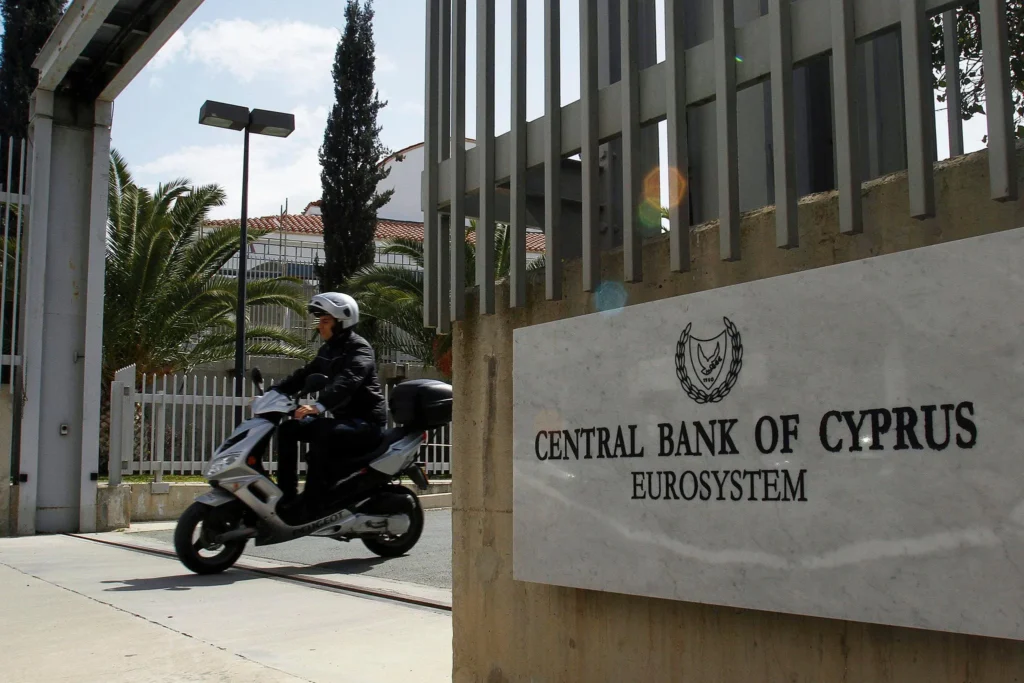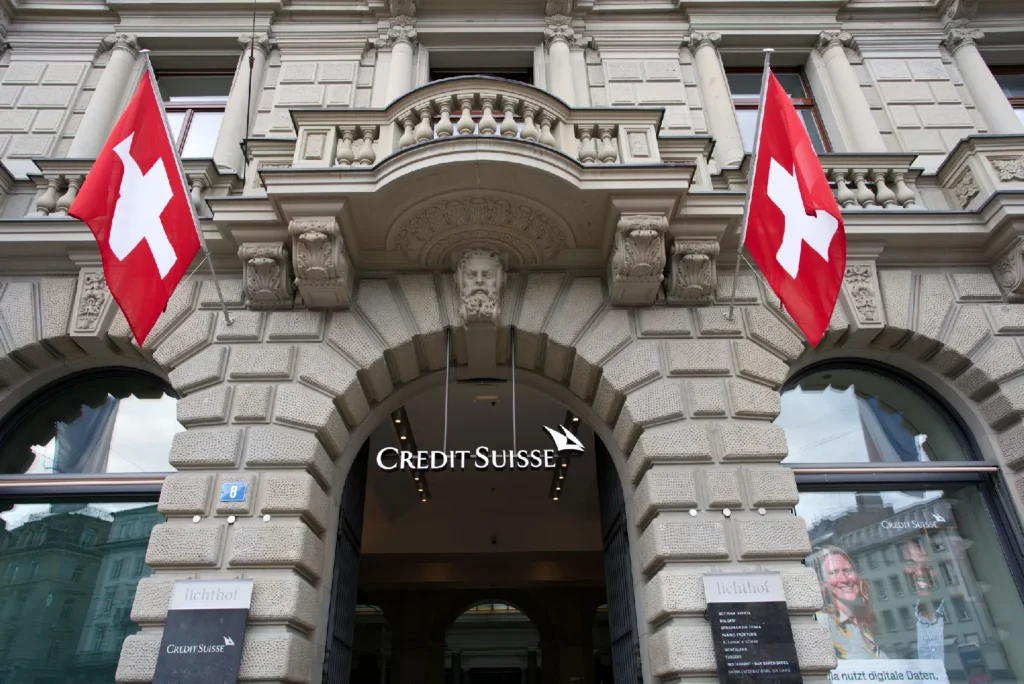The first step is to determine the purpose of the account — whether it’s a personal account for individual use or a business account for financial operations. It’s also important to consider account maintenance fees, commission charges, withdrawal limits, confidentiality standards, and tax regulations. Can you freely manage the account, what are the withdrawal limits, how fast are transactions processed? What automation tools are available, such as online banking, automatic invoicing, and payroll services for employees?
These are just a few of the factors to consider when selecting a bank. After all, in addition to client preferences, legal restrictions in different jurisdictions also play a significant role. In the article, we will consider in which country a non-resident can open a bank account and how to prepare for the process.
General rules and requirements for opening an account abroad
In the past, banks competed aggressively for every client, however, the situation has changed. Today, many financial institutions prioritize their reputation and aim to avoid customers involved in financial fraud, terrorism, or money laundering. As a result, be prepared for additional documentation requests and thorough compliance checks.
At the same time, banking services have significantly improved. For example, many people now wonder if they can open a foreign bank account remotely. This question has become even more important amid the current economic and political instability, which has led many to seek safer and more reliable ways to store and manage their assets. At the same time, it is understood that personal presence is associated with a number of additional costs. Fortunately, opening an account online has become much easier than before. However, the key requirement remains the same: the applicant must meet the bank’s compliance standards.

For Individuals
Opening a bank account abroad as an individual may require meeting the following key conditions:
- Proof of identity
- Proof of residence
- Proof of income
- Minimum deposit
- In-person presence
Step-by-step process:
- Step 1. You must provide a passport, taxpayer identification number (TIN), and, in some cases, an international passport.
- Step 2. Banks often request documents confirming the address of residence, such as utility bills.
- Step 3. You may need to submit proof of income, such as income statements, tax returns, or an employment contract. Banks request this information to prevent money laundering.
- Step 4. Some banks have minimum deposit requirements to open an account.
- Step 5. Depending on the country, you may need to be physically present to submit documents and sign the agreement.

For businesses
Opening a corporate bank account is a more complex process that requires additional documentation, including:
- Company statutory documents.
- Confirmation of business activity.
- Documents for directors and beneficial owners.
- Company’s tax status.
- Opening through a representative.
Step-by-step process:
- Step 1. The company’s charter, a registration certificate, and an extract from the commercial register.
- Step 2. A business plan, contracts with partners, tax returns, and financial statements.
- Step 3. Passports, identification numbers, and a declaration of the company’s ultimate beneficial owners.
- Step 4. Some countries require confirmation of tax residency.
- Step 5. In case personal presence is not possible, a trusted representative can be appointed with a notarized power of attorney.
One important aspect is compliance with international financial security standards, such as KYC and AML, which operate in most banks.Keep in mind that financial institutions have the right to request information on the source of funds, business partners, and supporting documentation at any time.
What you need to open a bank account abroad
Opening a foreign bank account involves various nuances that depend on the chosen country and specific bank. For example, Asian banks tend to have stricter requirements for verifying income sources and financial transparency. They may also require higher minimum deposits. European banks focus heavily on compliance with international AML and KYC regulations, but the process can take longer due to extensive due diligence. U.S. banks generally offer flexible options for non-residents, but they require thorough preparation of tax documentation.
Next, we’ll go over the key aspects of the process: selecting a country and bank, preparing the required documents, completing the registration, and interacting with the financial institution.
Choosing a country and a bank
Choosing a country and a bank is the first and most important step. This decision depends on the purpose of opening the account, whether the client is an individual or a business, as well as on a number of factors, including:
- Banking terms and services: interest rates, fees, and the ability to manage the account remotely.
- Stability of the banking system: it’s best to choose countries with a high level of economic stability and strong deposit protection measures.
- Tax policies: consider tax treaties between countries and the taxation rules in the chosen jurisdiction.
- Bank reputation: evaluate the reliability of the financial institution and check its international ratings.
Preparing documentation

Opening an account depends on the completeness and correctness of preparing the documents – it’s a key step. Below is a list of key documents required.
- For individuals: passport, proof of residence, and proof of income.
- For businesses: incorporation documents, company registry extract, financial statements, and contracts with clients.
- Additional documents: banks may request references from other banks, powers of attorney, and notarized translations of documents.
Registration process
Each bank has its own internal procedures, but the general process for opening an account typically includes:
- Filling out an application form.
- Personal presence or working through an authorized representative (depending on the country’s requirements).
- An interview with a bank representative (sometimes conducted remotely).
- Submitting documents for verification (to comply with KYC/AML regulations).
Interacting with a bank
After submitting your documents, it’s important to stay in contact with the bank to:
- Check the status of your application.
- Quickly provide any additional information or documents upon request.
- Get guidance on your account management, including remote access and online banking setup.
It is also worth considering that some banks may require confirmation of a minimum deposit or account activation by depositing the first amount.
How to choose a country?
The choice of country for opening a bank account depends on the client’s goals, the type of account (personal or business), and the specific requirements imposed by banks in different jurisdictions. Below, we’ll explore the features of the most popular destinations.
Bahrain

Bahrain is a financial hub of the Middle East, particularly attractive for businesses engaged in international trade. Banks in the country offer high levels of confidentiality and low fees.
| FOR INDIVIDUALS | FOR BUSINESSES |
|---|---|
| Opening an account is possible, but it requires proof of income and a valid reason for maintaining an account in this jurisdiction. | Banks require incorporation documents along with a detailed business description, including business plans and contracts with counterparties. |
The difficulty may lie in the mandatory minimum account balances, which can be quite high.
Oman

Oman’s banking system is considered one of the most stringent in the region. This is due to strict anti-money laundering measures.
| FOR INDIVIDUALS | FOR BUSINESSES |
|---|---|
| Bank accounts are primarily available to residents and those with strong ties to Oman (e.g., contract workers). Proof of address, income, and the purpose of opening the account is required. | The process is complex and requires a full set of corporate documents, including audited financial statements from recent years. |
Non-residents may find it difficult to access banking services without a local intermediary or business partner.
United Arab Emirates

The UAE is one of the most popular destinations for opening bank accounts due to its flexible banking system and strong business reputation. If you’re looking for remote account opening options, the UAE offers some of the best solutions for international businesses.
| FOR INDIVIDUALS | FOR BUSINESSES |
|---|---|
| Banks are generally open to non-resident account holders, especially those with substantial funds or real estate in the country. However, personal presence is required when submitting documents. | UAE banks offer favorable conditions for companies registered in Free Economic Zones. Clients must provide a full set of incorporation documents, proof of the company’s address, and details about the beneficial owners. |
The key difficulty lies in lengthy checks and high requirements for minimum account balances
Cyprus

Cyprus is a popular choice for business owners due to its low taxes and simplified access to the banking system.
| FOR INDIVIDUALS | FOR BUSINESSES |
|---|---|
| Banking services are available to non-residents, but proof of legitimate income and a valid reason for opening an account are required. | Banks require company documents and detailed information about the ultimate beneficial owners. Accounts can be opened for both local and offshore companies. |
Recent AML/KYC regulations have tightened, leading to stricter checks and potentially longer account registration times.
Switzerland

Switzerland is a global leader in private banking, particularly for large corporations. If you want to open a bank account remotely, Swiss banks offer secure and confidential solutions that meet the highest standards.
| FOR INDIVIDUALS | FOR BUSINESSES |
|---|---|
| Swiss banks provide an exceptional level of confidentiality, but they require substantial minimum deposits (typically starting at $100,000 or more). Personal presence is also required, as well as proof of the source of funds. | Opening a corporate account is more challenging due to strict compliance checks. Banks require detailed business information, including contracts and sources of income. |
The main barrier is the high cost of services and strict requirements for clients.
USA

Bank accounts in the U.S. are popular due to the country’s economic stability and extensive international banking network.
| FOR INDIVIDUALS | FOR BUSINESSES |
|---|---|
| Non-residents can open accounts in U.S. banks, particularly if they have ties to the country (such as property ownership or studying in the U.S.). However, banks require an Individual Taxpayer Identification Number (ITIN) and often request personal presence for verification. | The process is simplified for American companies, but non-residents must register a legal entity in one of the U.S. states to open a corporate account. |
The main challenge of opening accounts in the U.S. is complying with American tax laws (such as FATCA) and the requirement for regular financial reporting.
In these jurisdictions, popular banking services include fast and secure international transfers, consumer and business loans, asset management, and insurance solutions.
How to choose a bank?
Selecting a bank depends directly on your goals, whether it’s for convenient daily transactions, secure storage of large capital, or favorable conditions for international business. Each country and financial institution offers unique advantages that should be considered when planning your financial strategy.
- European banks. If you’re looking for accessible banking conditions for a small business with an annual turnover of up to $200,000, opening an account in a European bank can be an excellent choice. These banks offer low transfer fees, especially within the European Union, as well as favorable lending conditions for both individuals and businesses. The European banking system is known for its stability and reliability, but keep in mind that local financial institutions adhere to strict international financial regulations.
- Swiss banks — ideal for safeguarding large assets. Their reputation is built on centuries-old traditions of confidentiality and strong asset protection. Additionally, they offer a wide range of investment products, including international funds, bonds, and stocks. However, banking services in Switzerland are expensive: minimum deposits start at $100,000, and opening an account requires serious justification for the origin of funds.
- American banks. If you’re interested in doing business in the U.S., American banks are worth considering. They provide flexible business conditions, fast and convenient international transactions. U.S. banks also allow non-residents to open accounts, but strict requirements must be met, including obtaining a tax identification number (ITIN or EIN). These banks are also a great choice for those seeking easy access to credit products and modern financial solutions.
- Asian banks. For those who are focused on Asian markets, banks in Bahrain, Oman, Hong Kong, Singapore, or the UAE are excellent choices. These jurisdictions offer ideal conditions for international corporations and trading companies dealing with high transaction volumes. Asian banks stand out for their fast transaction processing, low taxes, and access to multi-currency operations. However, opening an account often requires personal presence, and minimum deposit requirements can be quite high.
Ultimately, your choice should align with your financial priorities:
- if low fees and accessible loans are essential for you, Europe is the best choice;
- if capital preservation and growth are your priority, Switzerland is ideal;
- if you need to work within the U.S. market, American banks are your best bet;
- for large international operations – Asia.
How are foreign accounts regulated by law?
Most countries require the declaration of income and payment of taxes on funds held in foreign accounts. Some jurisdictions also impose requirements to convert foreign funds into local currency. Additionally, there may be limits on how much money can be transferred abroad. These legal nuances should be carefully considered before deciding whether to open an account overseas.
Is it worth opening a bank account abroad?

Opening a bank account abroad offers many advantages but also requires careful consideration.
| ADVANTAGES | DISADVANTAGES |
|---|---|
| ➕ Risk diversification: holding funds in multiple countries helps mitigate risks associated with economic and political changes in a single jurisdiction. ➕ Confidentiality: some countries offer a high level of data protection and banking privacy. ➕ Access to international markets: a foreign account can provide broader financial opportunities and access to a wider range of banking services. ➕ Tax optimization: in certain cases, an offshore account may help optimize tax liabilities. ➕ Asset protection: storing funds in economically stable countries provides better asset protection. | ➖ Legal and regulatory requirements: foreign accounts are often subject to complex legal and tax obligations. ➖ Fees and costs: high maintenance fees and transfer charges can increase expenses. ➖ Currency risks: exchange rate fluctuations can impact the value of your funds. ➖ Reporting and compliance: many jurisdictions require income declarations and regular financial reporting. ➖ Difficulties with access: during international crises, access to foreign accounts may be restricted. |
The decision to open an account in a foreign bank account depends on your financial objectives, compliance with legal requirements, and your ability to manage additional risks and costs. If you need expert guidance and professional assistance, please contact us. For non-residents, opening a foreign bank account without professional support can be extremely complex and costly. The process requires in-depth knowledge of the legal, financial, and cultural nuances of different countries. It’s not uncommon for banks to reject applicants or subject them to weeks of waiting before making a decision.
Our team of experts has years of experience in this field and successfully helps clients navigate even the most challenging cases.
Why work with us?
- Expertise & professionalism: years of experience working with banks worldwide enable us to solve even the most challenging cases efficiently.
- Tailored solutions: we analyze your needs and offer solutions that fully meet your goals.
- Time savings: we handle everything — from selecting the right country and bank to preparing documents and submitting applications.
- In-depth regulatory knowledge: our specialists understand the compliance requirements of different jurisdictions to avoid delays and the risk of rejection.
- End-to-end support: we guide you through every stage, from initial consultation to successful account opening, maintaining contact and resolving emerging issues.
- Confidentiality: we guarantee complete protection of your information and adhere to the highest ethical standards.
Whether you are an individual seeking secure asset storage or a business owner looking to expand your financial reach, we provide customized solutions tailored to your specific needs. With us, you get a reliable partner to help you navigate the complexities of international banking with confidence.
Entrust the opening of your bank account to professionals and achieve guaranteed results!









